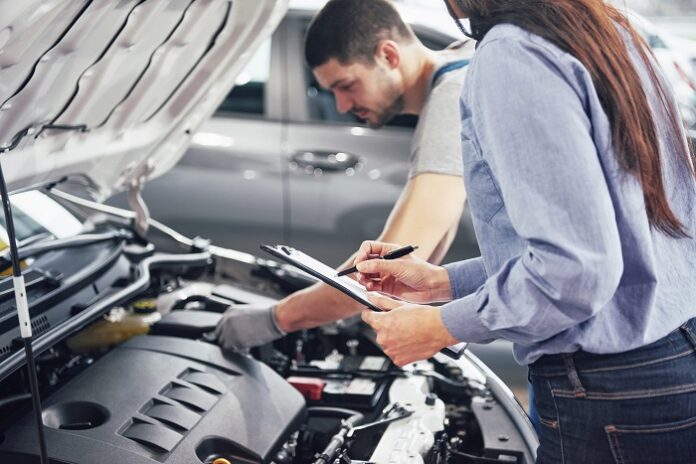Owning a car comes with the responsibility of regular maintenance to ensure it runs smoothly and stays reliable for the long haul. Many car owners, however, find themselves wondering when exactly they should have their cars checked. So when is the best time to have it checked? Let’s answer some of the top questions surrounding car maintenance to help you keep your vehicle in top-notch condition.
How often should you have your car checked?
Regular check-ups are crucial for your car’s health, as trusted RAC garages in Cheshire like Ignition Autos know full well. As a general rule, it’s recommended to have your car checked every six months or every 8,000 to 12,000 kilometres, depending on your driving habits and the manufacturer’s recommendations. Regular checks can catch minor issues before they escalate into major problems, saving you time and money in the long run.
What should be checked during routine maintenance?
Routine maintenance involves a comprehensive inspection of various vehicle components. This includes checking the engine oil, transmission fluid, brake fluid, coolant levels, and tyre pressure. Additionally, the technician will inspect the brakes, belts, hoses, and battery to ensure they are in good condition. Regular maintenance also provides an opportunity to rotate the tyres, ensuring even wear and prolonging their lifespan.
Are there specific signs that indicate a need for immediate inspection?
While routine maintenance is essential, certain signs may indicate an urgent need for inspection. Unusual noises, such as squealing brakes or a knocking sound from the engine, should not be ignored. Warning lights on the dashboard, changes in vehicle performance, and visible fluid leaks are also red flags. If you experience any of these signs, it’s advisable to have your car checked immediately to prevent further damage.
What about seasonal check-ups?
Seasonal changes can affect your vehicle differently. Therefore, having seasonal check-ups is a smart practice. For instance, before winter sets in, it’s important to inspect your car’s battery, tyres, and heating system. In the summer, focus on the cooling system, ensuring it can handle the increased temperatures. These seasonal check-ups can help you address specific issues that might arise due to changing weather conditions.
How important are regular oil changes?
Oil is the lifeblood of your engine, and regular oil changes are crucial for its longevity! Most experts recommend changing the oil every 5000 to 8000 kilometres, but it’s essential to follow your vehicle’s specific guidelines. Fresh, clean oil lubricates the engine, reduces friction, and helps maintain optimal performance. Neglecting regular oil changes can lead to engine damage and costly repairs.
Can you perform basic checks yourself?
While routine maintenance is best left to professionals, there are some basic checks you can perform regularly. These include checking the tyre pressure, and fluid levels, and inspecting the exterior lights. However, it’s crucial to remember that these checks do not substitute professional inspections. Regular visits to an auto service centre ensure a thorough examination of all vital components.
The key to a healthy and reliable car is regular maintenance. By adhering to a routine check-up schedule, addressing signs of trouble promptly, and incorporating seasonal inspections, you can keep your vehicle in peak condition. Remember, preventive maintenance is not just about avoiding breakdowns; it’s about ensuring your car performs at its best for years. So, don’t wait – schedule your next car check-up today!
Image by standret on Freepik





